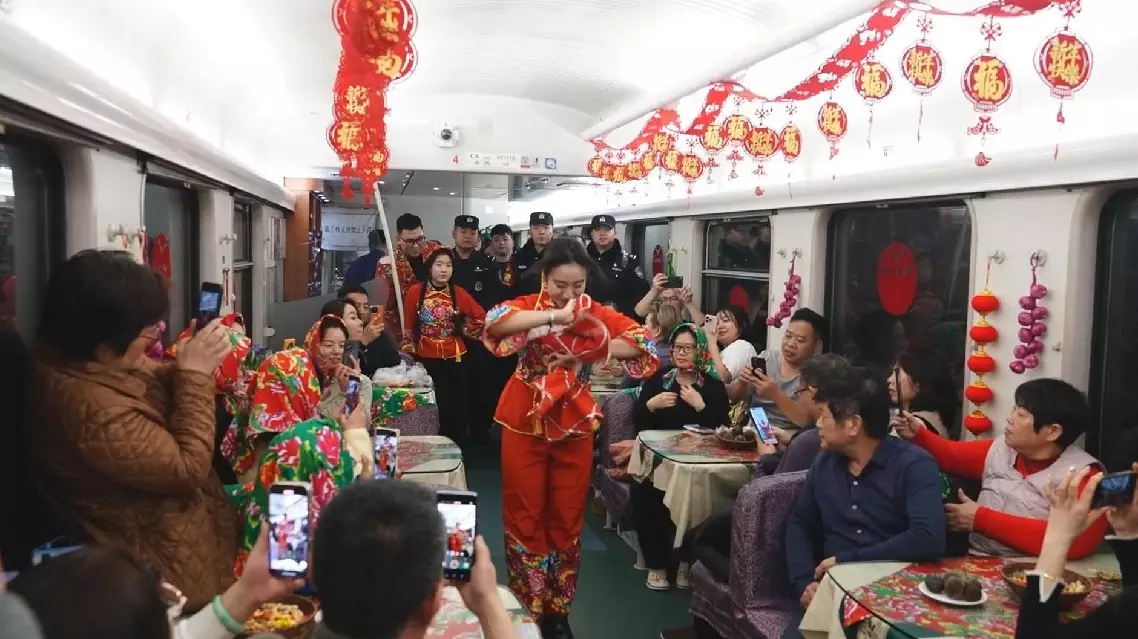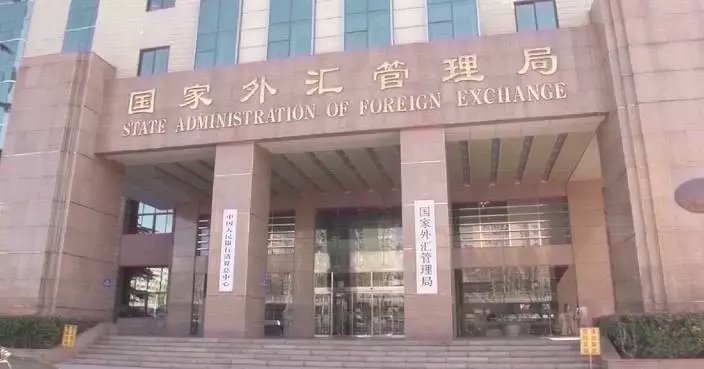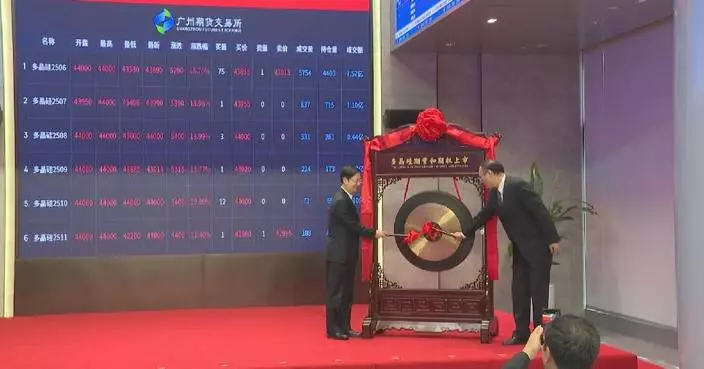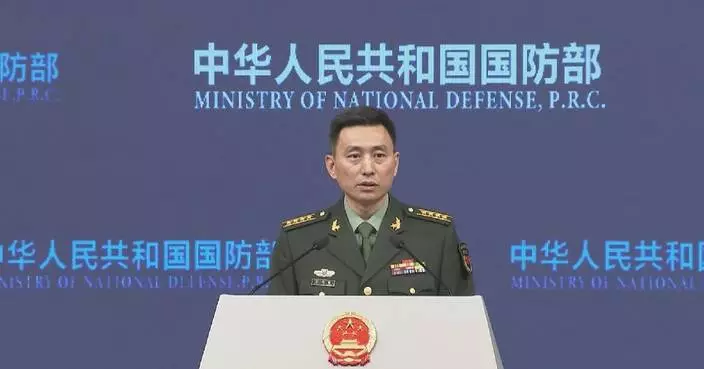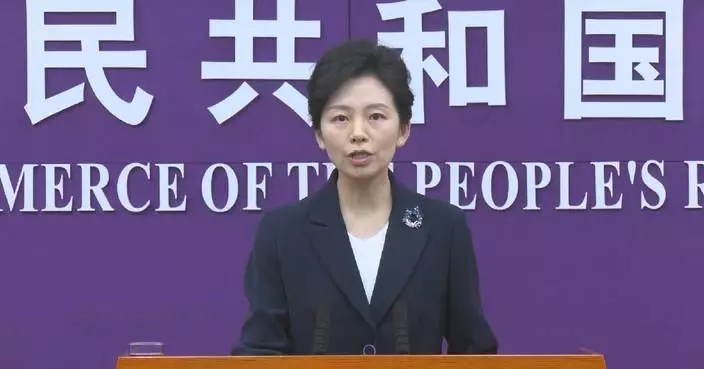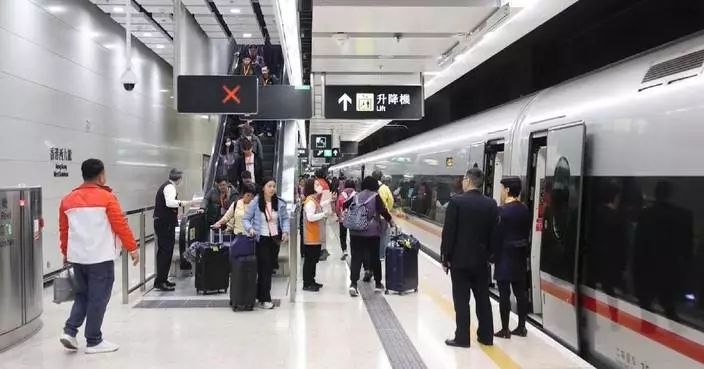China and Russia held the 19th round of their annual strategic security consultation in Beijing on Tuesday, with both sides having in-depth exchange of views on major issues of common concern related to strategic security.
The meeting was co-chaired by Wang Yi, a member of the Political Bureau of the Communist Party of China Central Committee and director of the Office of the Central Commission for Foreign Affairs, and Sergei Shoigu, secretary of the Russian Federation Security Council.
Both sides agreed to strengthen collaboration, safeguard China-Russia relations and the overall development and revitalization of the two countries, and jointly promote global security and stability.
Noting that this year marks the 75th anniversary of the establishment of diplomatic relations between China and Russia, Wang said President Xi Jinping and President Vladimir Putin have met three times this year and made a series of strategic arrangements to promote the bilateral relations to build on the momentum and forge head.
Under the leadership of the two heads of state, China-Russia relations have maintained sound, stable momentum amid changes in global scenario, he said.
Both sides adhere to the principles of lasting good-neighborliness and friendship, comprehensive strategic coordination, and mutually beneficial cooperation, all of which serve the fundamental interests of the two peoples, Wang observed.
He said that China and Russia have supported each other firmly on issues concerning their core interests, deepened political mutual trust and promoted practical cooperation, creating a new model for relations between neighboring major countries, and significantly promoting solidarity and cooperation within the Global South.
Wang stressed that leaders' guidance is the greatest political advantage and fundamental guarantee for the high-quality development of China-Russia relations.
Guided by the consensus reached by the two heads of state, the China-Russia strategic security consultation mechanism should strengthen coordination on strategic and overarching issues related to the security and development interests of both sides, while strengthening strategic mutual trust and enriching the connotation of strategic coordination, Wang said.
Wang also called for enhanced exchange and multilateral coordination between the two countries amid the changing international landscape, so as to provide a strong guarantee for the high-level development momentum of China-Russia relations and ensure that the two countries work together to maintain global strategic stability.
Shoigu said that Russia is willing to work with China to implement the consensus reached by the two heads of state, and enhance bilateral cooperation and coordination within multilateral mechanisms such as the United Nations, the Shanghai Cooperation Organization and BRICS, aiming to promote the continuous development of Russia-China relations.
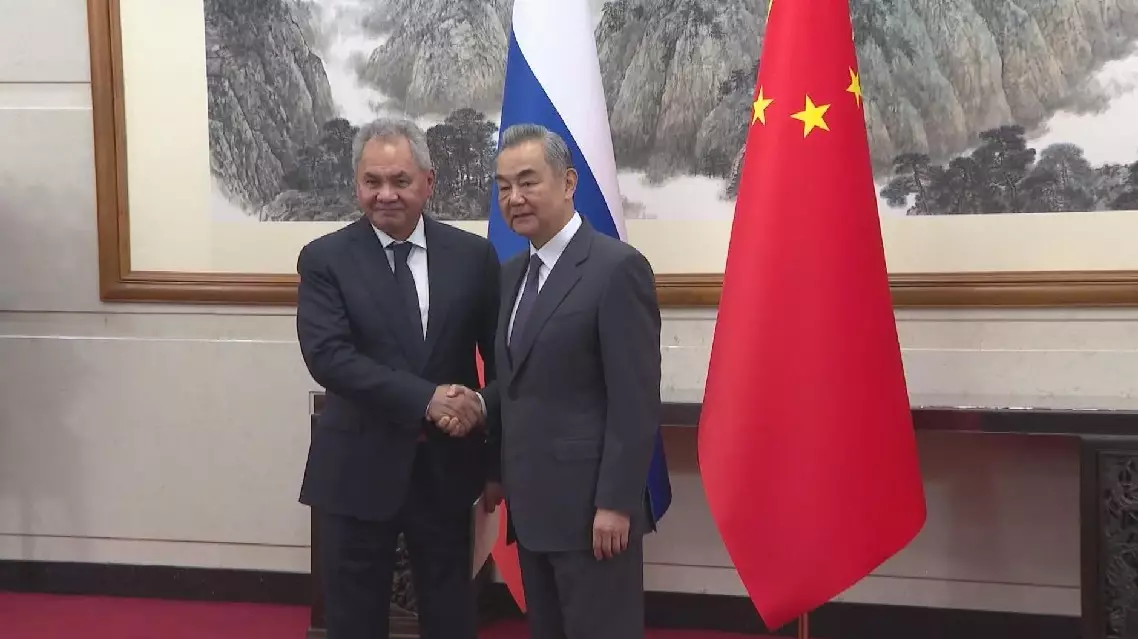
China, Russia hold annual strategic security consultation


